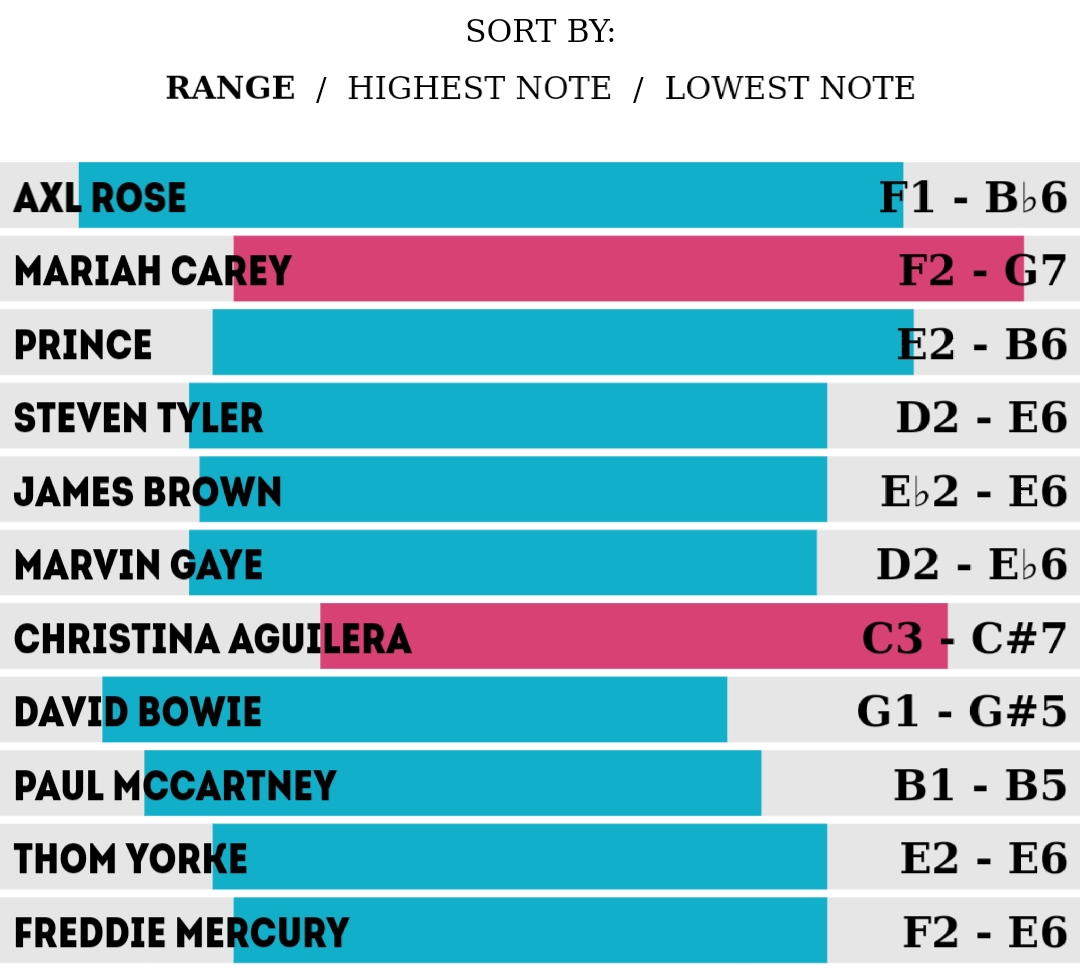
Freddie Mercury’s jaw size had to be larger than normal to begin with, to allow his extra teeth to fit into a normal arch form”. “In most people, I have seen with supernumerary teeth, the jaw size doesn’t correspond to the space needed for the extra teeth, and the extra teeth are malpositioned, protruding either towards the palate or the cheeks. So it might be easier for someone with a bigger mouth to get to a shape that makes a bigger warmer tone, than someone with a smaller mouth.īut did Freddie’s teeth mean he had more space? Dentist Fred Levine had something to say about it But what is natural for someone with a bigger mouth may not be for someone with a more petite mouth. That's part of how we can mimic other people's voices. However, unlike a guitar, we can all adapt the size and shape of our mouth and vocal tract to a certain extent. If your voice were a guitar, the vocal cords would be the strings, the source of the sound, and the mouth and vocal tract would be the body of the guitar. It is big and powerful yet warm and comforting. The size of your mouth almost certainly affects your tone as it is part of the resonance system that gives it its unique colour. It wasn’t just his range that has been attributed to his teeth but his distinctive tone. So Freddie’s mouth size may have helped him reach those high notes with ease, but it wouldn't have given him his range. Creating different shapes with our vocal tract (the tube above the vocal cords and the mouth) is part of what helps us hit high notes with more ease but it isn’t what determines the pitch.

Our mouth is part of the resonant chambers that help us shape our tone. Longer vocal cords mean you have a lower range than someone with smaller vocal cords, and the tighter you can stretch them, the higher you can go. You can hear that low F2 in the backing vocals on the word ‘gone’ in ‘All Dead, All Dead’ and an F#2 in ‘Don’t Try Suicide’īut where did that range come from? Is it true? Did his range come from his extra incisors? Our range is mainly defined by genetics, the size and flexibility of our vocal cords. Freddie’s range was F2 to F6 with a powerful mix up to an F#5, which, to be quite frank, I would struggle with as a soprano.

A trained singer has an average range of 1.7 to 2.4 octaves, so around a G2 to G4. An average male has a range of 1.4 to 2 octaves, so let's say around a G2 to an E4. It is pretty hard to label Freddie as a baritone or tenor because of this wide range but for the sake of perspective, let's look at an average male voice. Did Freddie’s extra incisor teeth aid his singing? Was his vibrato better than Pavorittis? What made Freddie Mercury great? Techniqueįreddie Mercury had an incredible 4-octave range that he maintained throughout his career.

Known for his flamboyant style and huge range, there are many theories going around about what made Freddie Mercury so good. Freddie Mercury is widely regarded as one of the greatest singers in rock history.


 0 kommentar(er)
0 kommentar(er)
